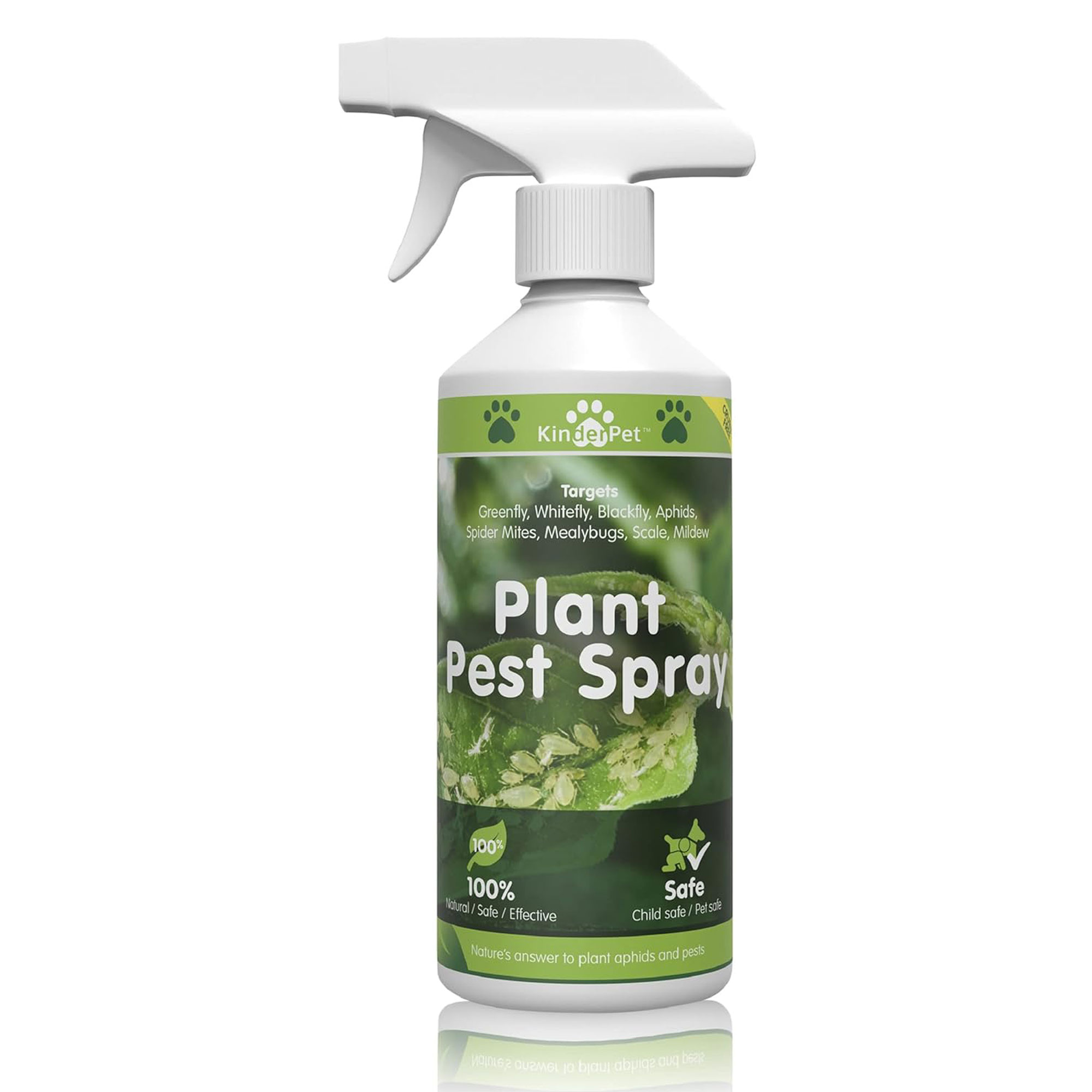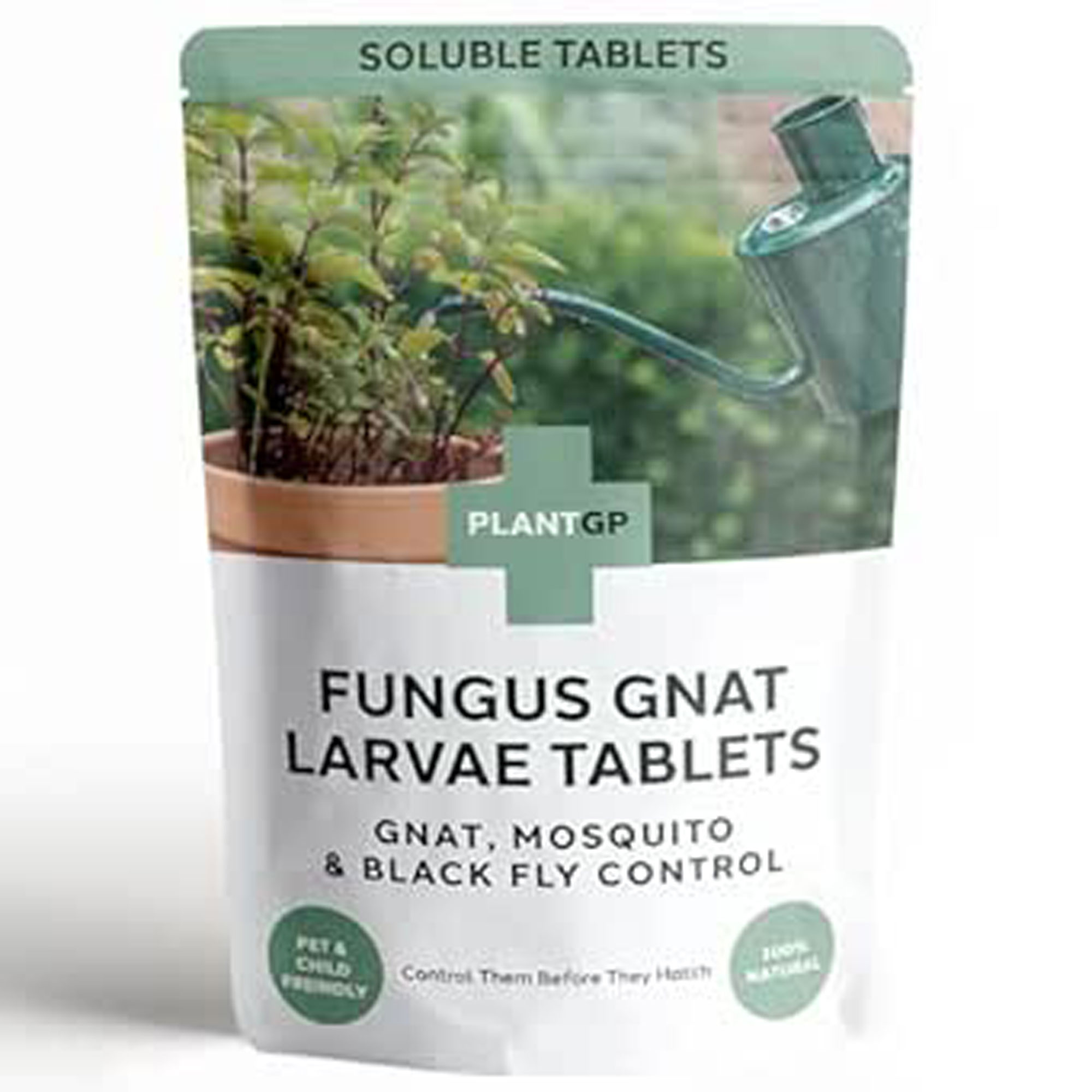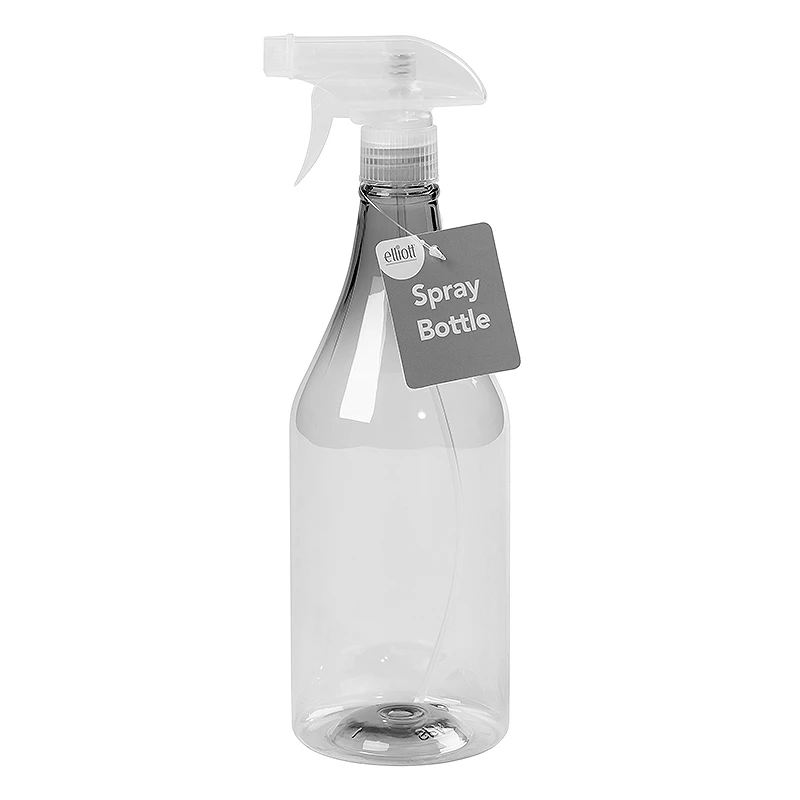How to get rid of blackfly on plants - Experts recommend 5 ways to control these garden pests naturally
Tackle an infestation without any pesticides or harsh chemicals in sight

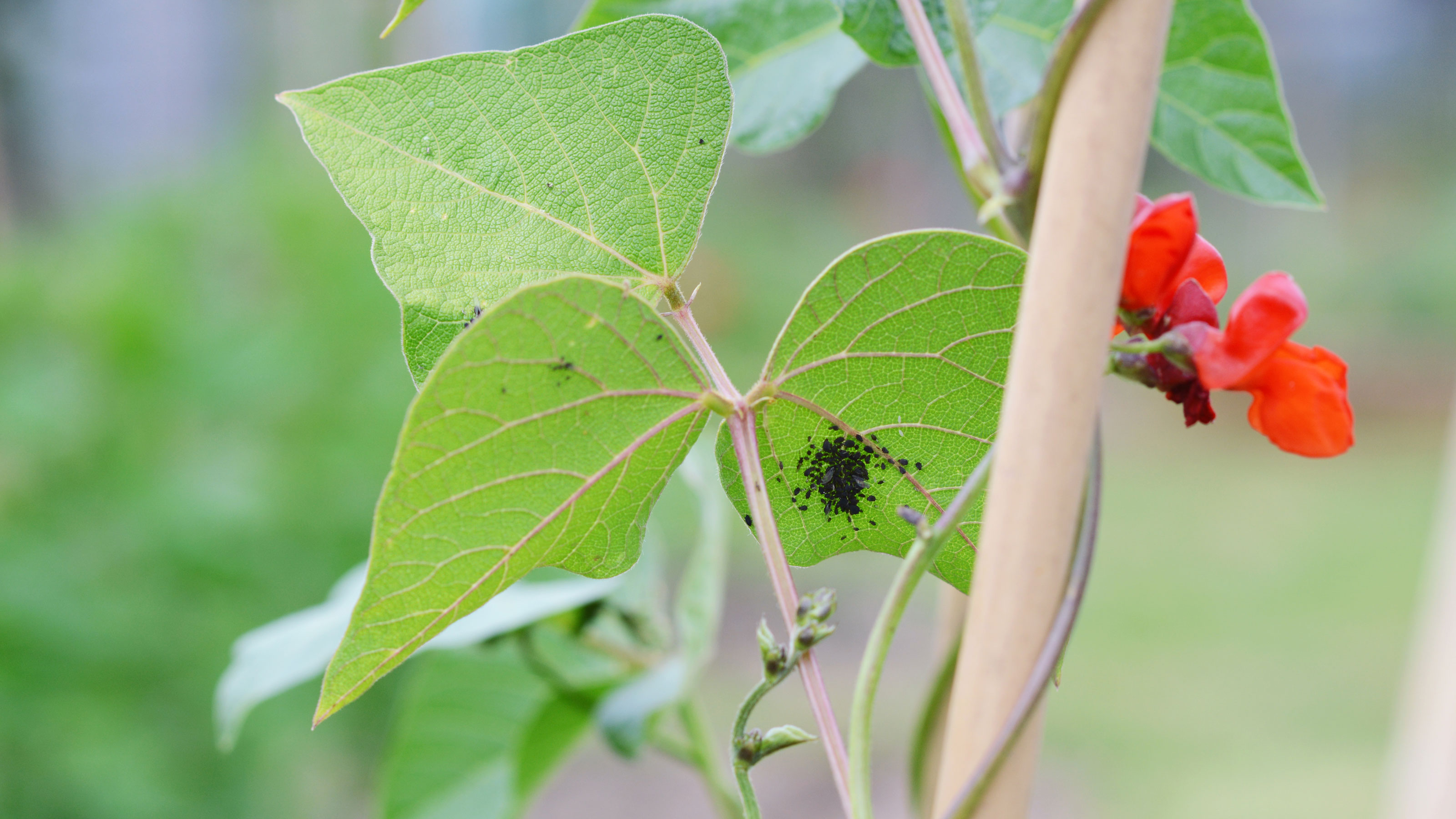
Coming across blackfly on your plants is nothing less than a nuisance for novice and experienced gardeners alike. These sap-sucking aphids are known to cause issues for plants in your garden, including stunting plant growth and spreading disease.
Although they're not the worst pest to make their home in your garden and are often resolved in due time by natural predators, there are a few tricks you can try to get rid of blackfly on plants and discourage them from coming back.
Similar to getting rid of glasshouse whitefly, it's best to opt for methods that will allow you to naturally control the spread of blackfly on your plants in the future and protect your budding garden ideas – without resorting to pesticides.
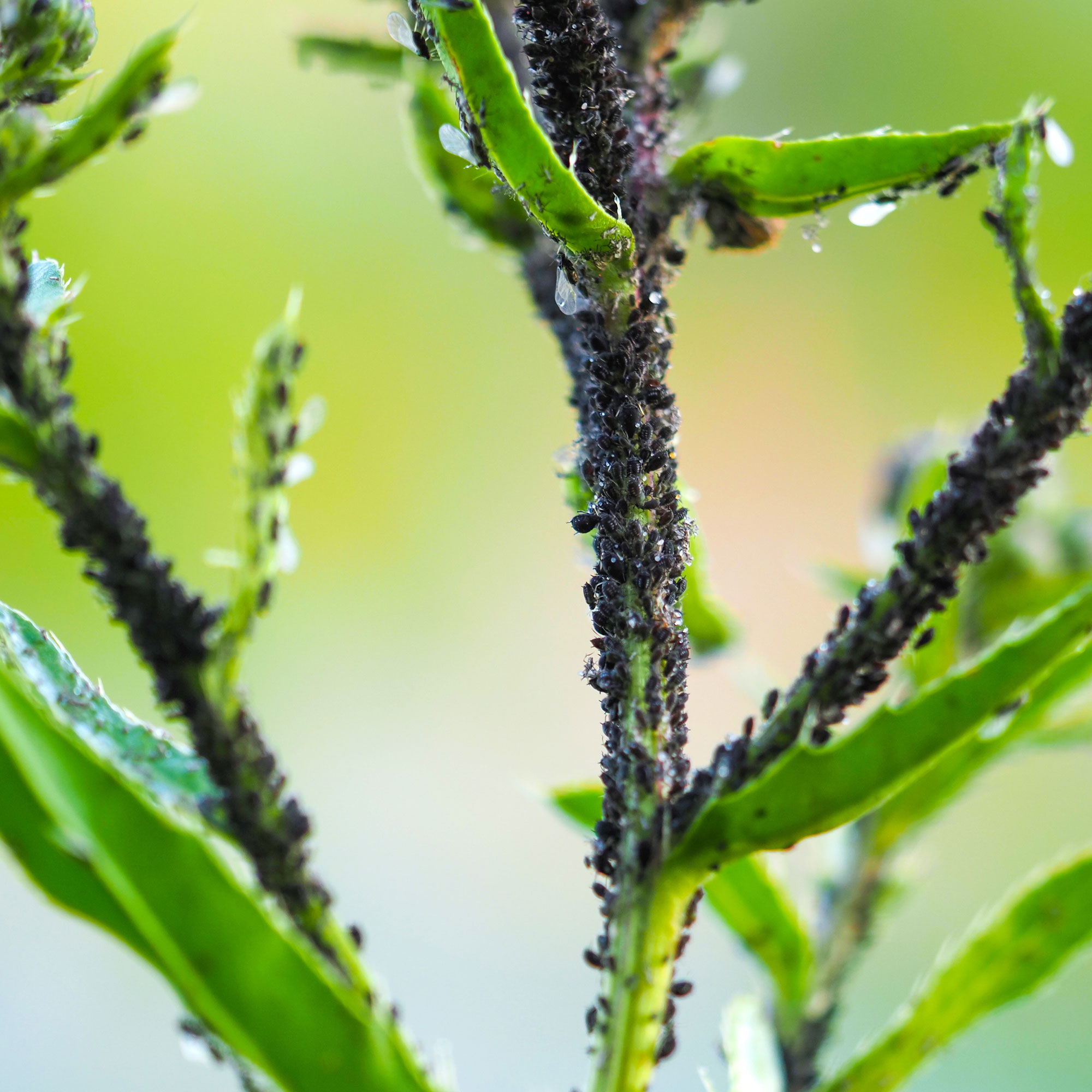
How to get rid of blackfly on plants
'In my time gardening, I have found that the best way for controlling blackfly on plants is through natural methods,' begins Georgina O'Grady, managing director at Evergreen Direct.
Blackfly is one of many garden plant pests you shouldn't ignore. So, read on to uncover the best tips and tricks from gardening experts to successfully tackle these pests.

Georgina O'Grady is a highly accomplished professional in the field of interior and exterior landscaping. She possesses extensive knowledge and experience in plant care and maintenance. Her expertise in the field of horticulture has equipped her with the skills to effectively eliminate various pests on plants.
1. Spray with water
Starting simple, we've got water. This is probably the easiest method as it's easily accessible to everyone but does take more time to do as you've got to manually do the work.
'Simply use your hose pipe to send a strong jet of water to blast the blackflies off your plants. Be sure to spray the underside of the leaves as this is where they tend to hide,' advises James Ewens, commercial director at Green Feathers. 'Repeat this process every few days until you're confident they have all gone.'
Sign up to our newsletter for style inspiration, real homes, project and garden advice and shopping know-how
2. Spritz with soap spray solution
A mixture of water and washing up liquid is also another way to get rid of blackfly on plants.
'Mix a tablespoon of dish soap with a litre of water in a spray bottle like this one from Lakeland. Make sure to coat the plant thoroughly, including the undersides of leaves,' says James.
3. Use natural predators
If you've previously heard about using ladybirds to get rid of aphids, best believe they're just as effective in the case of getting rid of these sap-sucking pests, too.
Attracting the likes of ladybirds and lacewings to your garden can help keep blackfly populations under control. While you're at it, it's worth making your garden wildlife-friendly by also attracting birds to tackle your blackfly infestation problem.
4. Repel by companion planting
On a similar note to introducing natural predators in your garden, you can also continue down the au natural route by companion planting. By planting certain things in your garden, you can repel blackflies from your plants. Georgina suggests planting chives or marigolds, which have also cropped up in our explainer of the best plants to deter wasps.
Not only is this method of getting rid of blackly on plants natural, but you can be sure that it's safe for the rest of your carefully curated flower beds.
5. Add essential oils
Essential oils are already a must for getting rid of midges and stopping ants on a patio, solidifying them as a reliable method for natural pest control. So, it's no surprise that the same practices can be used to get rid of blackfly.
'Oils such as rosemary, thyme, peppermint, and clove oil are a natural repellent to blackflies. Add a few drops of your chosen oil to a litre of water in a spray bottle and mist your plants. Just make sure you always cover the surrounding soil to avoid harming the plant's roots,' remarks James.
Or you could try this Plant pest spray from Amazon with 100% natural ingredients to help rid your plants of blackflies and other pests without harming the environment.
What you'll need
Top tips for preventing blackfly on plants
While the above methods are great for treating a blackfly infestation head-on, prevention is always better than cure – and the same rings true for gardening endeavours.
'To keep blackflies away from plants in the long term, I believe good garden hygiene is key. Regularly checking plants for early signs of infestation and pruning affected areas can prevent the spread of blackfly. You should also maintain overall plant health through proper watering and feeding, which I have found helps plants resist pests naturally,' advises Georgina.
FAQs
Does soapy water get rid of blackfly?
Yes, soapy water can get rid of blackfly on your plants. Mix a bit of washing-up liquid and water in a spray bottle and evenly coat the infected plant, being sure to get the solution on the undersides of the leaves, too.
Ensuring you're carrying out good gardening habits combined with the methods above of keeping a diverse garden environment, you can rest assured that you're one step closer to controlling blackfly on your plants and effectively preventing future infestations.

Jullia was Ideal Home’s Junior Writer from 2022-2024 and the Ideal Home Certified Expert in Training on Vacuums having spent over 60 hours testing different models. She’s always loved all things homes and interiors, graduating with a bachelor’s degree in Architectural Studies from the University of Nottingham where her love for writing blossomed following her internship at ArchDaily. Now focused on home tech and cleaning, Jullia works on writing features and explainers to help people make the most of their home appliance investments, putting the newest launches through their paces. When she isn’t writing, she loves exploring the city, coffee shop hopping, and losing hours to a cosy game or book.
